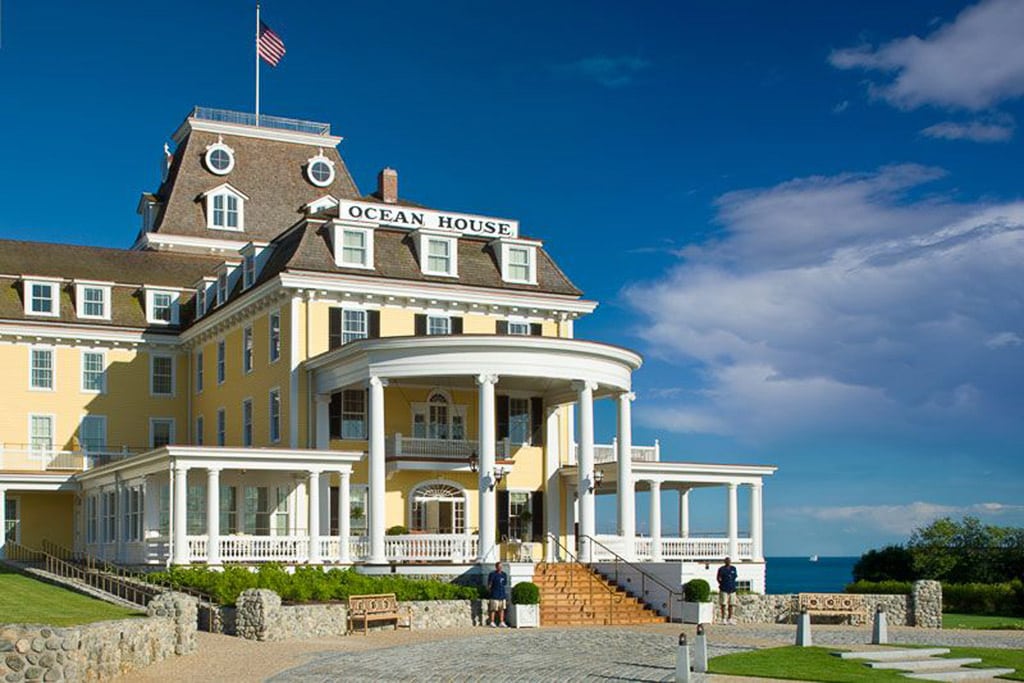What It's Like to Manage One of the World's Best Entrepreneurial Hotels

Skift Take
Ocean House's management makes its front-line employees the stars, and gives them the power to make guests' visits better. As its GM demonstrates, the secret to success is trusting the people you hire to do their jobs.
Shortly after I helped launch Skift, I took a weekend escape with my family to wrap up the summer.
After a night at a Holiday Inn Express in Mystic, Connecticut, we spent Labor Day at the Ocean House, just over the border in Watch Hill, Rhode Island.
Ocean House has been in this location since 1868, but was closed in 2003 in order to tear the property down and then rebuild it on the same footprint, but according to modern needs. What once was a worn-down property on its last legs was turned into a Relais & Châteaux property with five stars from Forbes and five diamonds from AAA. It has the look of a turn of the last century resort with the technology and service of the current century.
In the summer high season, it's difficult to spend a night there for less than four figures, and in the off season it's still more than you likely want to pay. Still, it's been a wild success and it owes nearly everything to its staff and management. Its owners have since expanded the local empire to two other properties, Weekapaug Inn in nearby Westerly, and Watch Hill Inn, a condo-style property a short walk from the original Ocean House.
Since my first visit, I've returned with my family multiple times every year. We've spent the last three Christmas holidays in rooms there, and we've celebrated milestone birthdays with friends, Easter breaks, and simpler weekends with parents, too. We're on a first-name basis with several employees, and we've kept contact with others who have moved on to other work, too.
It's expensive, but it has always been worth it. And we've spent more money at places that do their job so much more poorly. (Note: My wife has always booked under her name, and we've never received a press discount or freebie.)
It has become a perennial inclusion on magazines' lists of the best hotels in the world. That's fitting because the hotel is one of the best examples of how to run a smaller property we've ever seen.
Earlier this season, we met with General Manager Daniel Hostettler in our New York office, during a tour to promote a new cooking program at the hotel that's, like almost everything else, included in the daily resort fee (with few exceptions).
The resort fee, and what it includes, was the start of the conversation.
Skift: Nickel-and-diming is a great way to describe what you're talking about. You guys don't do that.
Daniel Hostettler: No.
Skift: ... which is a very nice guest experience.
Hostettler: It'

